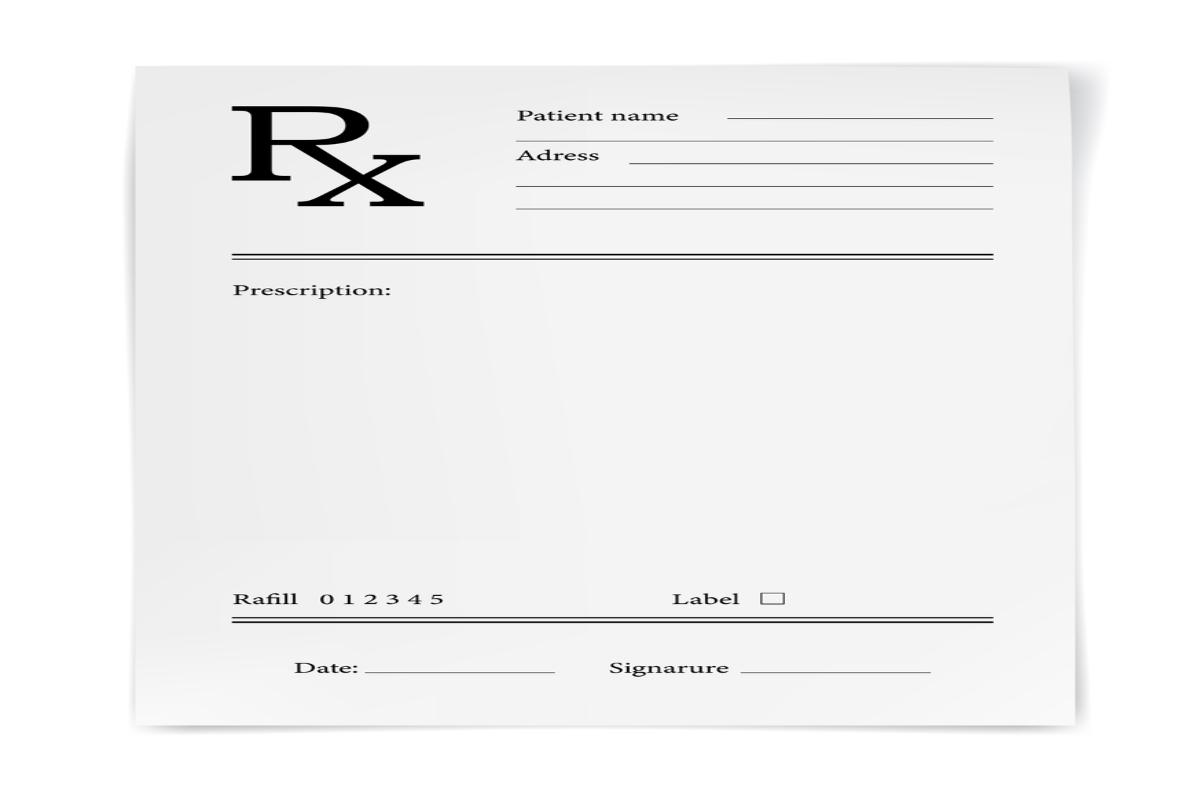
Various medical professionals, including physicians, physician assistants, pharmacists, and advanced practice nurses, under prescriptive authority agreements, are subject to the Texas Prescription Monitoring Program (PMP). The licensing boards that monitor and regulate these professionals must ensure that they follow all applicable laws and rules, including those related to the PMP. Any violations by these individuals can lead to disciplinary proceedings and potentially severe sanctions. Therefore, all professionals who are subject to the PMP must know the applicable laws and rules that govern its usage.
If you face disciplinary proceedings before your licensing board or agency, consulting a medical license defense lawyer to defend your license can be crucial. By enlisting a strong legal advocate from the outset of your case, you may be better positioned to reach a more positive resolution.
What is the Texas Prescription Monitoring Program?
The Texas Prescription Monitoring Program (PMP) is a database of all Schedule II through V controlled substances that Texas pharmacies dispense and that out-of-state pharmacies dispense to Texas residents.
Who Has a Duty to Add Information to the PMP?
Texas-licensed pharmacies must report all prescriptions for controlled substances that they fill and dispense to the PMP by the next business day. Failure to meet this requirement can result in administrative, civil, and even criminal penalties.
Who Has a Duty to Check the PMP?
Click to contact our professional license defense lawyers today
Pharmacists and prescribers, including physicians, physician assistants, and advanced practice registered nurses (APRNs), must check a patient’s PMP history before prescribing or dispensing opioids, benzodiazepines, barbiturates, or carisoprodol. They also must document the PMP check in the patient’s medical record, which may include maintaining a copy of the patient’s PMP history report in the medical record.
When Must a Physician Specifically Check the PMP?
Complete a Case Evaluation form now
A physician must review a patient’s PMP history every time they issue a prescription for opioids, benzodiazepines, barbiturates, or carisoprodol in any of the following situations:
- Take-home use, upon leaving an outpatient setting, such as a doctor’s office or ambulatory surgical center; or
- Upon discharge from an inpatient setting, such as a hospital admission or an emergency department visit.
However, a physician need not check the PMP when prescribing these controlled substances before or during an inpatient stay, such as in the context of a hospital admission, or during certain outpatient encounters, such as in the emergency room or an ambulatory surgery center. Furthermore, a physician is not required to perform a PMP check when they prescribe these drugs to a patient receiving hospice care, cancer treatment, or treatment for sickle cell disease, as documented in the patient’s medical records. A PMP check is also unnecessary when a physician makes a good faith effort but cannot access the PMP due to circumstances beyond their control.
When Must an APRN and PA Specifically Check the PMP?
Physicians can give APRNs and PAs prescriptive authority. As a result, APRNs and PAs must access and review the PMP for patients before prescribing opioids, benzodiazepines, barbiturates, or carisoprodol. The only exception is if the APRN prescribes the drug as a part of cancer treatment or hospice care, and that treatment is documented in the patient’s records. Additionally, whenever an APRN prescribes a controlled substance, documentation that the APRN reviewed the PMP and their rationale for prescribing the controlled substance must be included in the patient’s medical record.
Like physicians, APRNs are not subject to discipline if they make a good-faith effort to access the PMP and cannot do so due to circumstances outside their control. However, APRNs in this situation must document their attempt to access the PMP on the patient’s prescription or electronic prescription record and explain why their attempt was unsuccessful.
Are There Limitations on the Ability of APRNs and PAs to Prescribe Controlled Substances?
Physicians may delegate the task of prescribing Schedule III, IV, or V controlled substances to APRNs or PAs, so long as the total amount of the prescription, including refills, does not exceed 90 days.
Furthermore, APRNs are limited to prescribing Schedule II controlled substances only in the following scenarios:
- A hospital facility-based practice, according to hospital policies, as part of care to a patient who:
- Has been admitted to the hospital for a stay of 24 hours or later; or
- Is receiving services in the emergency department; or
- As part of a care plan for a person with a terminal illness who has elected for hospice care and is receiving hospice care from a qualified hospice provider.
Can Prescribers Subject to the Mandatory PMP Check Delegate this Duty to Others?
Yes. Physicians can delegate the PMP check to other legally authorized personnel just as they can delegate other tasks. Likewise, pharmacists can delegate the PMP check to pharmacy technicians.
We Will Represent Your Interests Before Your Licensing Board
We know how important it is for you to maintain your medical, pharmacy, or nursing license and work in your chosen field. All too often, a simple misstep or oversight can lead to disciplinary proceedings and unwanted sanctions, which can threaten your license and career. The experienced medical professional license defense attorneys at Bertolino LLP, will advocate to help you protect your rights throughout any disciplinary proceedings. Together, we will work to develop the defense strategy that is best calculated to maintain your license and professional future. Call us at (512) 515-9518 or contact us online.
Call or text (512) 476-5757 or complete a Case Evaluation form
















